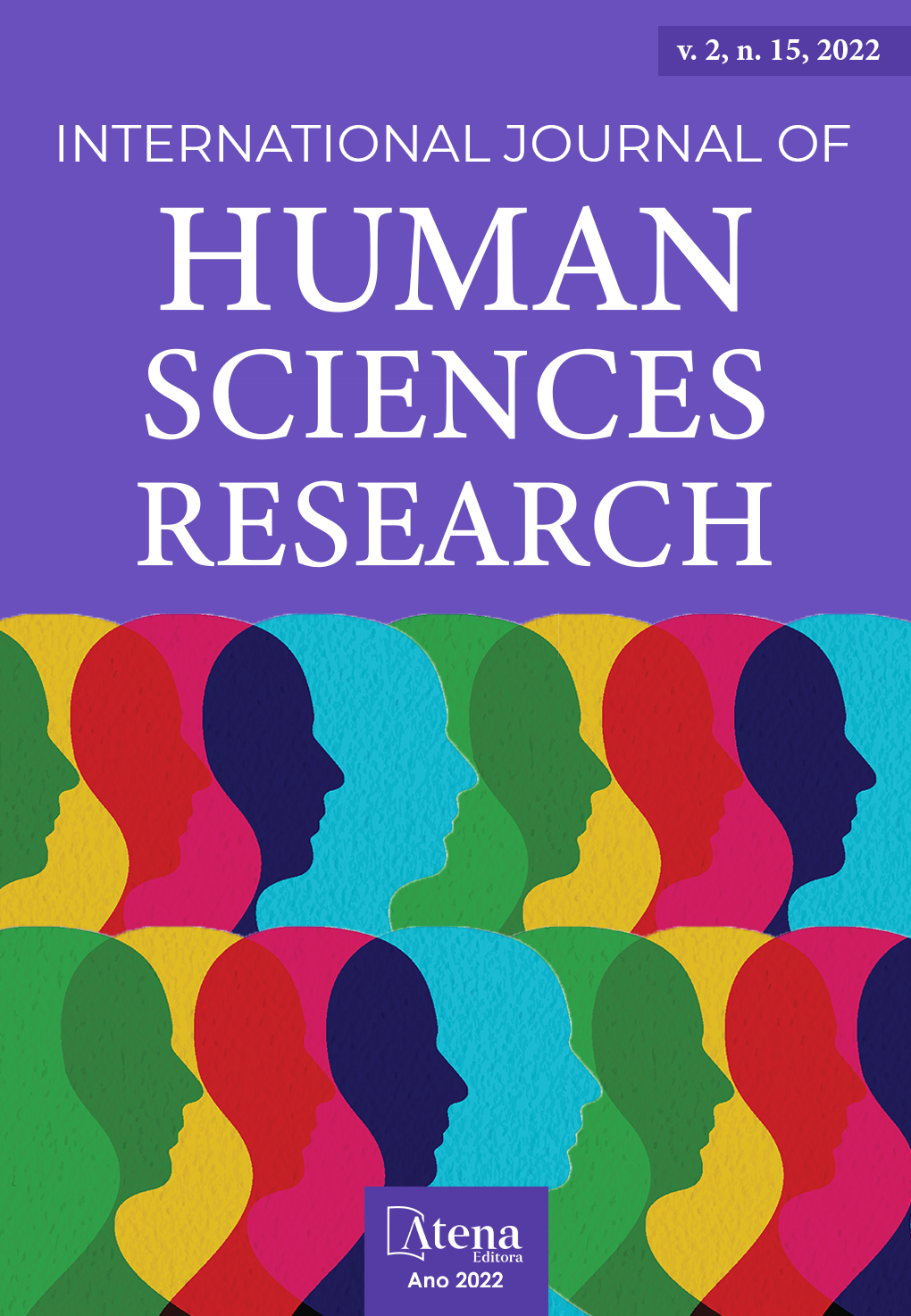
EDUCATIONAL PRAXIS AND DIGITAL TECHNOLOGIES: RELATIONSHIPS WITH HISTORICAL-CULTURAL THEORY
In this article we establish a dialogue between educational practices, mediated by digital technologies, in the teaching-learning process for an education that considers the aspects of Science, Technology and Society (CTS). Such practices supported by digital technologies bring different ways of teaching and learning. The way these technologies are used portray the teacher's conception and, this way, we will reflect on how this conception can interfere in the teaching-learning process and integral development of students in basic education. Based on a bibliographic survey, we discuss some conceptions arising from the use of digital technologies. In order to understand its relationship with the teaching-learning process, we will make an overview of the technical-scientific rationality permeating educational practices and their possible intentions in pedagogical mediation and its criticism from Vygotsky's Historical-Cultural Theory (THC - 2009). This theory contributes to the understanding of the formation of subjects through mediation. For this, we will clarify the concept of “pedagogical mediation” and its role in the development of scientific thinking and apprehension of the world. Finally, we will discuss the role of the school and teachers to achieve an integral human formation, as well as the scientific and technological development in Basic Education and the concerns related to the use of these in an ethical and humanizing way, from the development of critical thinking in the social media.
EDUCATIONAL PRAXIS AND DIGITAL TECHNOLOGIES: RELATIONSHIPS WITH HISTORICAL-CULTURAL THEORY
-
DOI: 10.22533/at.ed.5582152206064
-
Palavras-chave: -
-
Keywords: -
-
Abstract:
In this article we establish a dialogue between educational practices, mediated by digital technologies, in the teaching-learning process for an education that considers the aspects of Science, Technology and Society (CTS). Such practices supported by digital technologies bring different ways of teaching and learning. The way these technologies are used portray the teacher's conception and, this way, we will reflect on how this conception can interfere in the teaching-learning process and integral development of students in basic education. Based on a bibliographic survey, we discuss some conceptions arising from the use of digital technologies. In order to understand its relationship with the teaching-learning process, we will make an overview of the technical-scientific rationality permeating educational practices and their possible intentions in pedagogical mediation and its criticism from Vygotsky's Historical-Cultural Theory (THC - 2009). This theory contributes to the understanding of the formation of subjects through mediation. For this, we will clarify the concept of “pedagogical mediation” and its role in the development of scientific thinking and apprehension of the world. Finally, we will discuss the role of the school and teachers to achieve an integral human formation, as well as the scientific and technological development in Basic Education and the concerns related to the use of these in an ethical and humanizing way, from the development of critical thinking in the social media.
-
Número de páginas: 19
- Iasmim Ferreira da Silva
- Paulo Vitor Teodoro
- Cinthia Maria Felício


